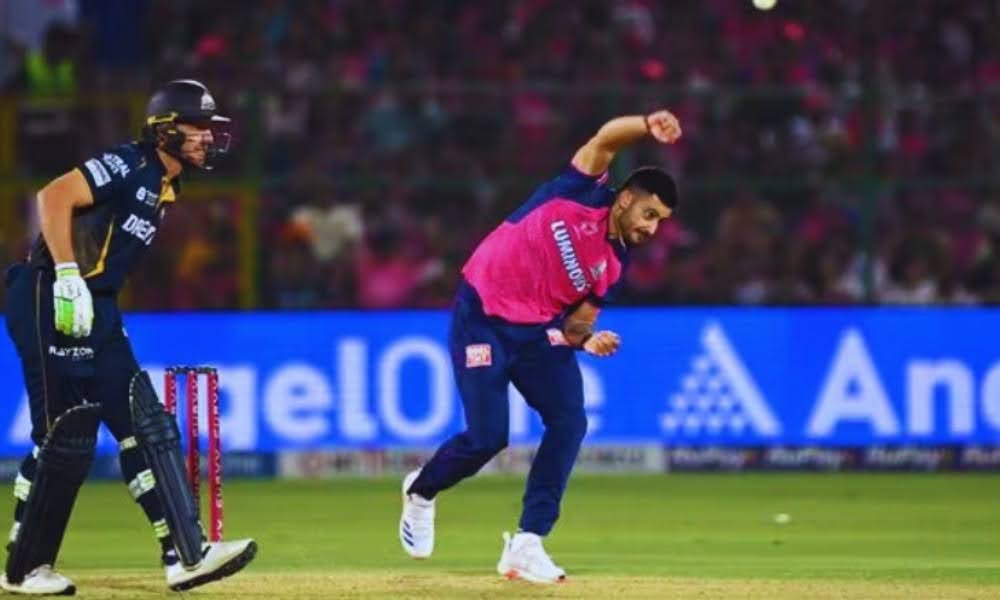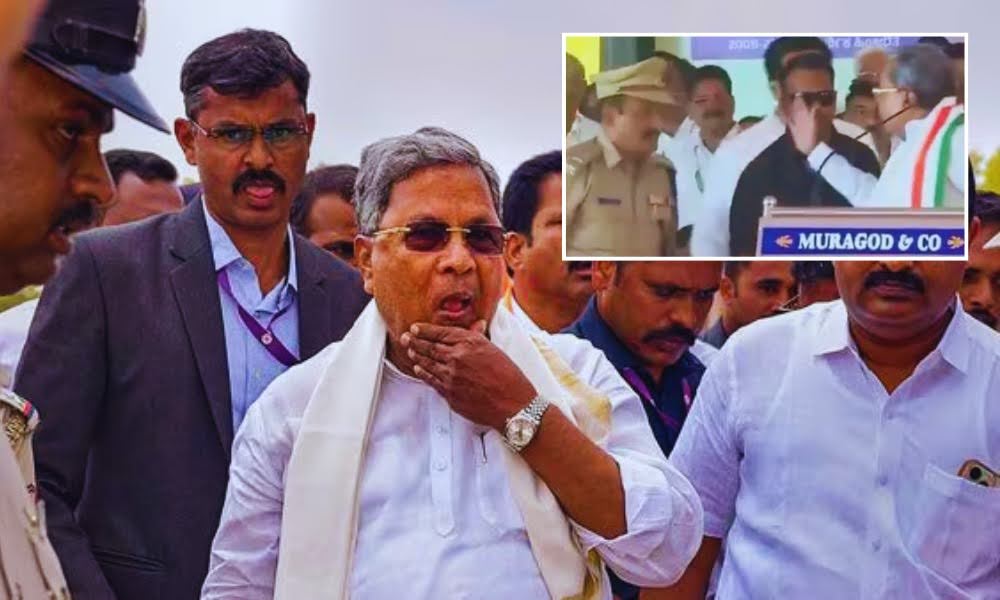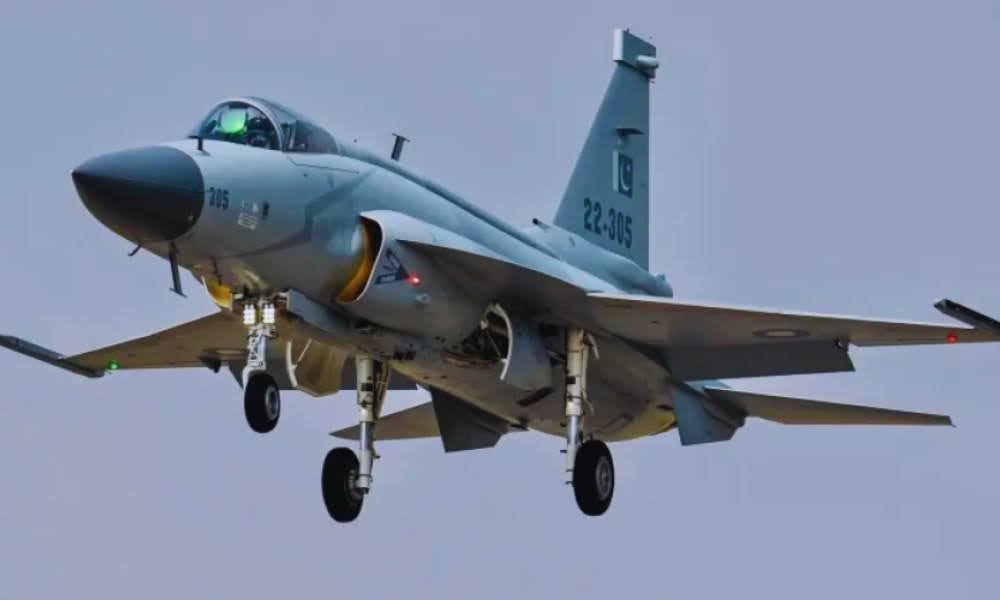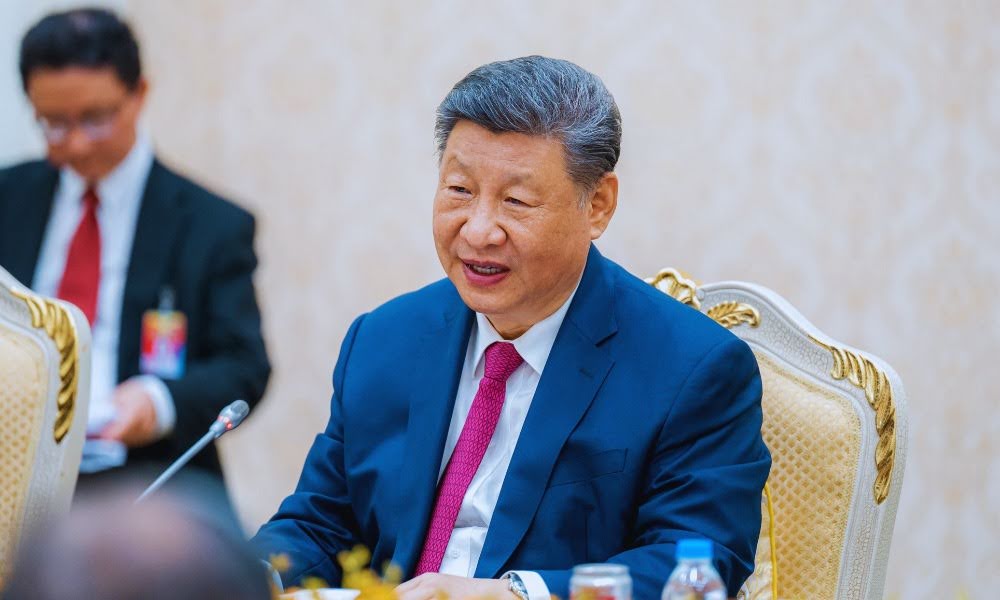Nawaz Sharif Urges Diplomacy as Pakistan Faces Fallout After Pahalgam Attack
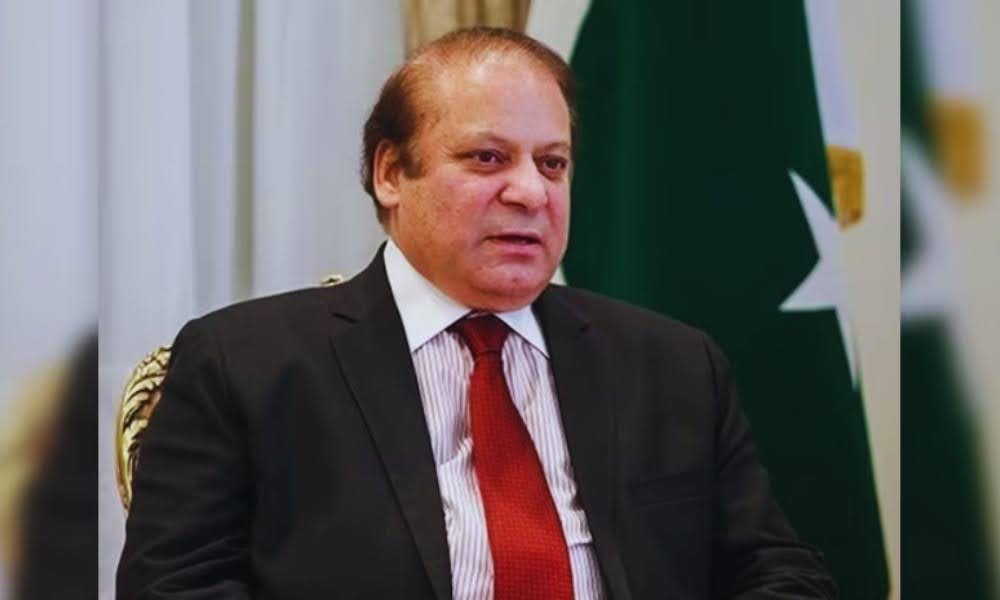
Amid rising tensions with India following the Pahalgam terror attack, former Pakistani Prime Minister Nawaz Sharif has advised current Prime Minister Shehbaz Sharif to opt for diplomatic measures instead of aggression.
This guidance comes in the wake of India’s suspension of the Indus Water Treaty (IWT) and Pakistan’s heightened state of alert.
Tensions Rise After Pahalgam Attack
The attack in Pahalgam, Kashmir, which killed 26 people including Indian tourists and one Nepali national, has intensified hostilities between the two countries.
India’s move to suspend the IWT in response has been viewed by Pakistan as a serious escalation.
According to sources, PM Shehbaz Sharif met with his elder brother Nawaz Sharif in Lahore to discuss the situation, following a meeting of Pakistan’s National Security Committee (NSC).
During the meeting, Shehbaz Sharif reportedly briefed Nawaz on the measures taken by his administration, including the closure of Pakistan’s airspace to Indian aircraft and the readiness of the military to respond to any aggression.
“PM Shehbaz told his elder brother and party founder that India’s unilateral decision to suspend the Indus Waters Treaty had heightened the risk of a war in the region,” a source stated.
Nawaz Sharif Pushes for Peaceful Dialogue
In response, Nawaz Sharif urged Shehbaz not to adopt an aggressive posture and to use all diplomatic resources to de-escalate tensions with India. He emphasized the importance of peaceful resolution through international diplomacy rather than retaliation.
According to a PML-N insider quoted by The Tribune, Nawaz advised against any form of military engagement.
He called for restoring peace with India through dialogue and international mediation, warning that aggression could spiral into full-scale conflict.
Pakistan’s Government Hardens Its Stance
Meanwhile, Pakistan’s Defence Minister Khawaja Asif has called on India to agree to an international probe into the Pahalgam attack.
He suggested involving countries such as the United States, Russia, China, and the United Kingdom in forming a commission to investigate the incident.
Speaking to Sky News, Asif warned that any Indian offensive would be met with strong retaliation, potentially leading to “all-out war.”
Punjab Chief Minister Maryam Nawaz was also present during the high-level discussion in Lahore.
The growing war rhetoric from both sides, particularly after reports suggesting the attackers had links to Pakistan, has fueled international concerns.
Historic Call for Peace
This is not the first time Nawaz Sharif has advocated for peace with India. Back in 2018, he had sparked controversy by questioning Pakistan’s handling of non-state actors after the 2008 Mumbai terror attacks.
“Militant organisations are active. Call them non-state actors, should we allow them to cross the border and kill 150 people in Mumbai? Explain it to me. Why can’t we complete the trial?” Nawaz had said in an interview with Dawn. These remarks led to a sedition case against him.
His current stance is consistent with his past position—emphasizing accountability and advocating diplomatic solutions over military confrontations.
Escalating Rhetoric from Pakistani Leaders
In contrast, other Pakistani leaders have adopted a more confrontational tone. Federal minister Hanif Abbasi claimed that “130 Pakistani nuclear missiles are pointed at India and are ready to be launched.”
Former foreign minister and coalition partner Bilawal Bhutto Zardari added fuel to the fire by stating, “either our [Pakistan’s] water would flow in this river or their [India’s] blood.”
Shehbaz Sharif, during the briefing to Nawaz, reportedly suggested that the Pahalgam attack might have been a “false-flag operation” by India to justify the treaty suspension.
Nevertheless, Pakistan has suspended all bilateral agreements with India, including the 1972 Simla Agreement, calling India’s actions an “act of war.”
Pakistan Seeks Third-Party Investigation
So far, Pakistan has only offered to support a third-party, neutral investigation into the Pahalgam attack.
However, its apparent failure to strongly condemn the attack and its official endorsement have drawn criticism. International observers continue to watch the situation closely, given the stakes between two nuclear-armed neighbors.
In the midst of heightened tensions, Nawaz Sharif’s call for restraint stands in stark contrast to the provocative language from other Pakistani officials.
His insistence on diplomacy highlights a critical divide within Pakistan’s political leadership on how to handle the growing crisis with India.



